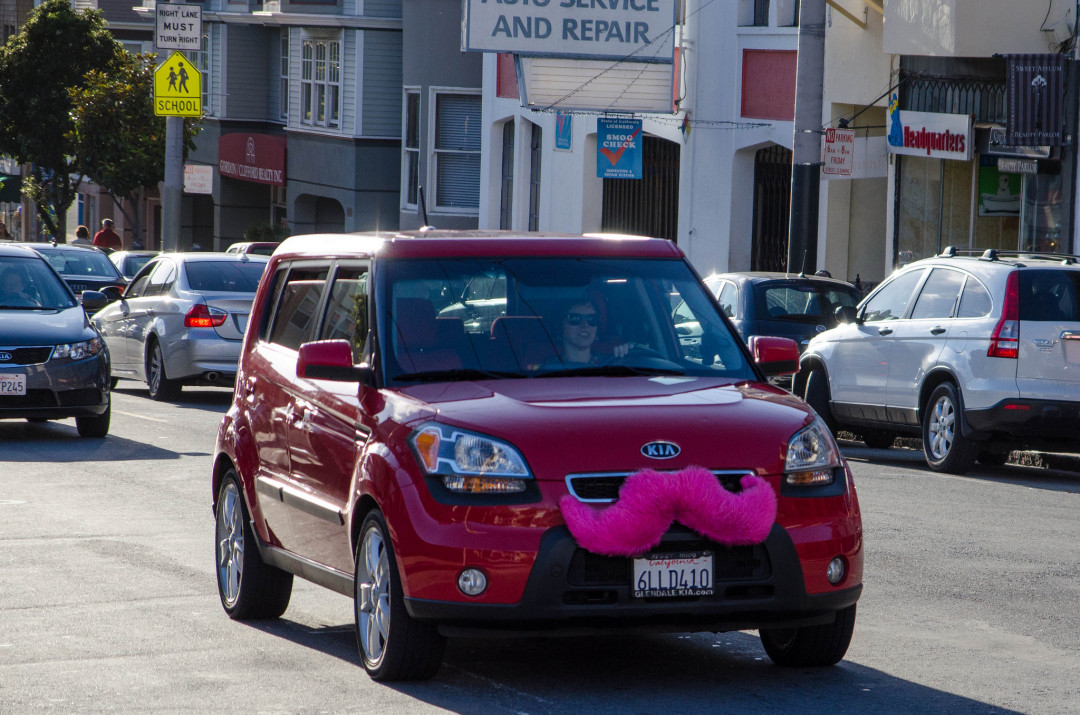By Caroline Said
California regulators told Uber, Lyft and Sidecar that their new carpool options are a no-go because they violate a state law against charging different fares to passengers in a hired vehicle.
The companies and transit experts condemned the move as squashing an environmentally friendly option.
But it turns out that the California Public Utilities Commission, which sent warning letters to the companies last week, merely wants to spur them to get legislators to overhaul the law.
“Our hands are tied,” said Marzia Zafar, PUC director of policy and planning. “We wanted to make the letter public to let the (ride companies) and the Legislature know that there is this code. It may be outdated; it may not. The Legislature will have to review it and make a judgment call.”
Current law “strictly prohibits a charter party carrier from charging passengers on an individual-fare basis,” said the letters, available at http://tinyurl.com/lxmvh8n. “The commission lacks the flexibility to allow a transportation service that is contrary to the statute.”
That law was written to prevent limo drivers from poaching passengers from shared vans like Super Shuttle, Zafar said. “Maybe this is an opportune time to review the code,” she said.
Sources said that Uber is preparing a detailed explanation of why it believes it already complies with the law.
The company was typically provocative in a prepared response.
“We thought we had seen it all, and then the California PUC decided they would try to shut down app-based carpooling,” Uber wrote. “The only conclusion we can come to is that the PUC doesn’t like technology, environmental progress, or anything that might make California a better place to live.”
Lyft and Sidecar issued more-conciliatory statements, while also emphasizing carpools’ sustainability and affordability.
“By connecting shared rides along shared routes, Lyft Line is helping to improve daily commutes and reduce traffic – ultimately reducing CO2 emissions and improving air quality in the process,” Lyft wrote.
Sidecar wrote: “Shared Rides are good for our cities because they reduce congestion and pollution and they offer a safe and very affordable way to get around. San Francisco was quick to embrace Shared Rides because they are so convenient and well-priced you can get across town for a just a little more than you would pay for the bus.”
The companies all added features in recent weeks that let users opt to share rides with other people traveling in the same direction, trading some extra time for a cost savings. Shared rides also mean fewer cars on the road.
However, that feature wasn’t contemplated in the framework the PUC created to allow the companies to operate in California.
“This is an example of innovation getting out ahead of the policy,” said Susan Shaheen, co-director of the Transportation Sustainability Research Center at UC Berkeley. “Here the companies are trying to innovate and potentially reduce emissions and cost.”

